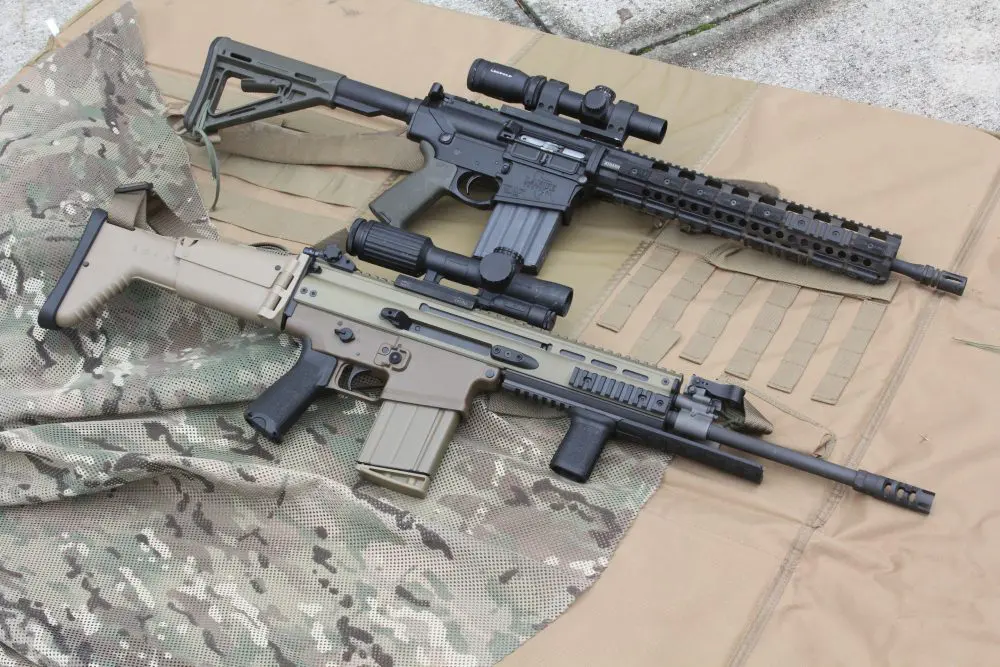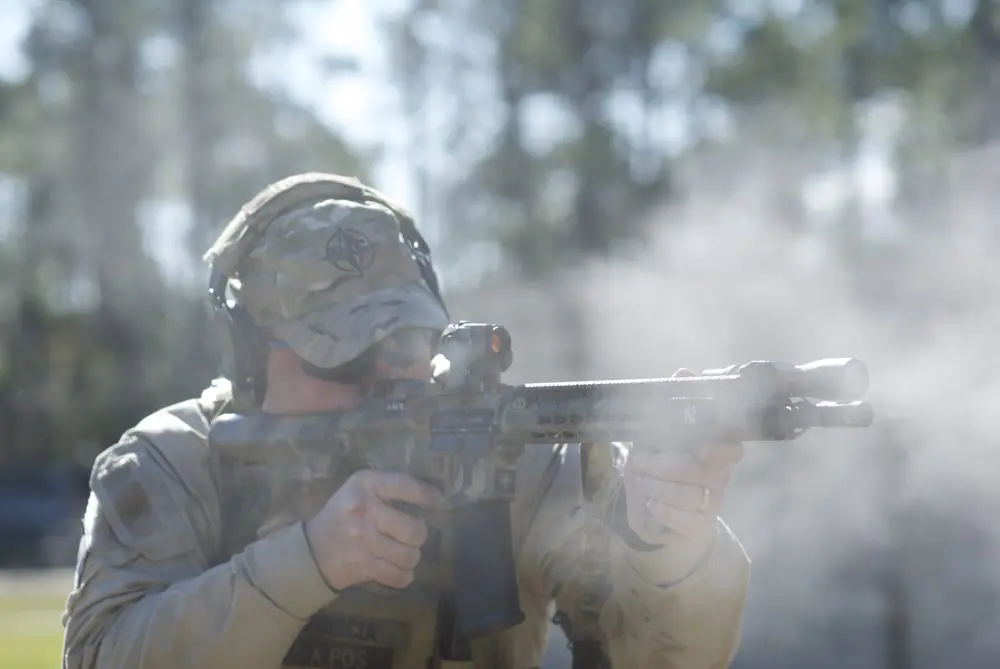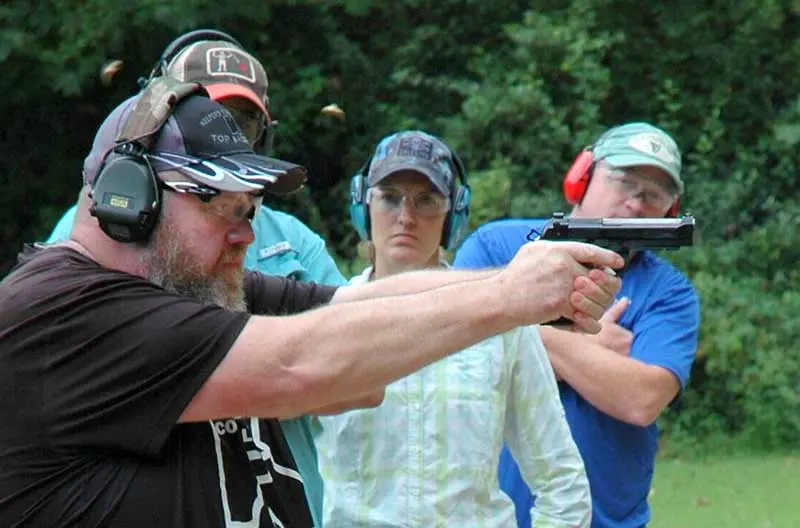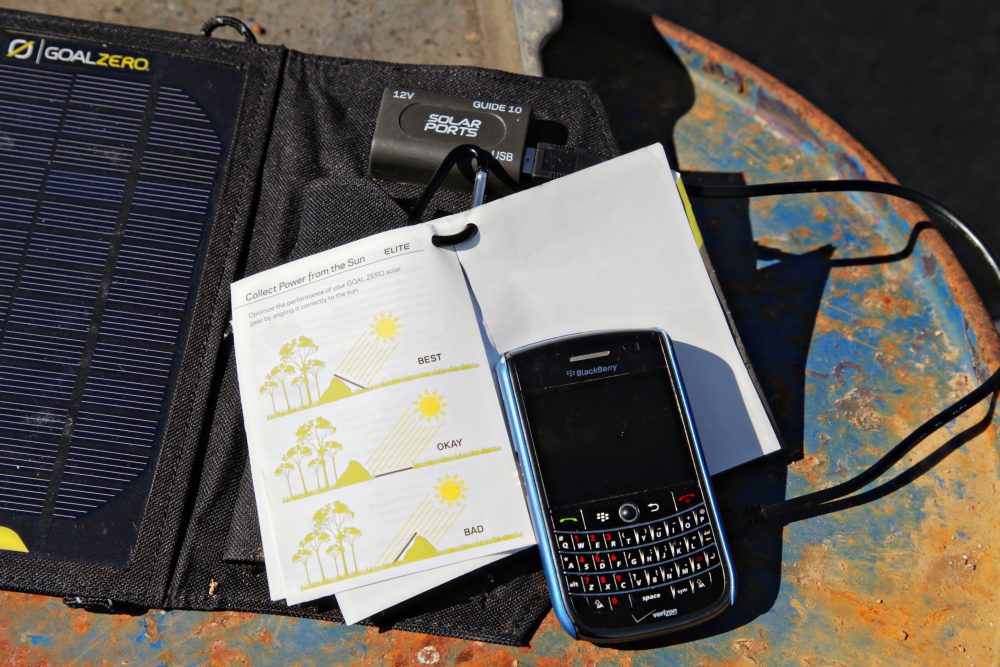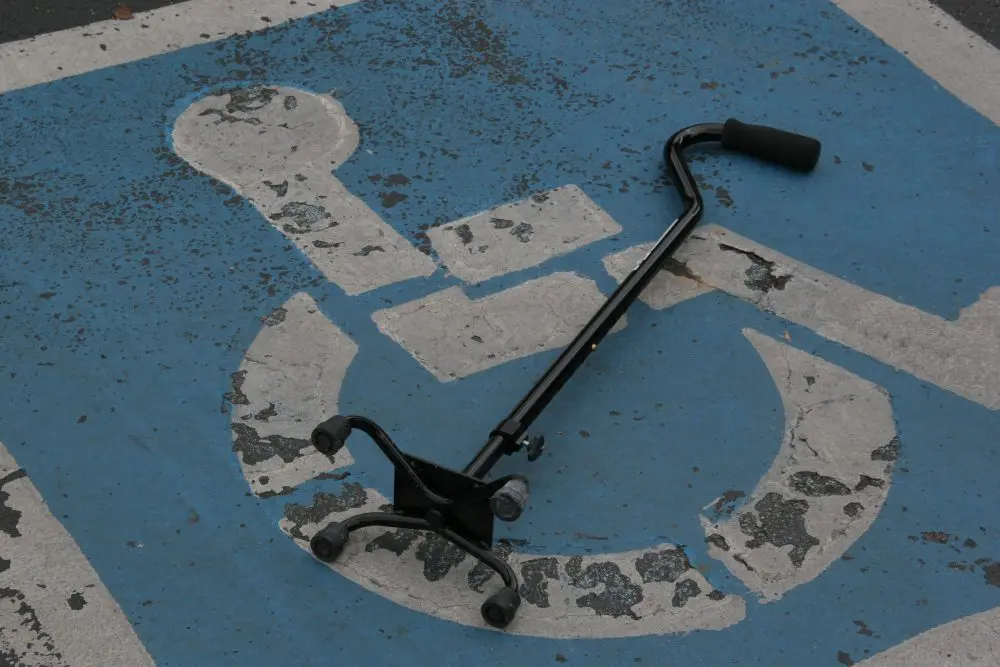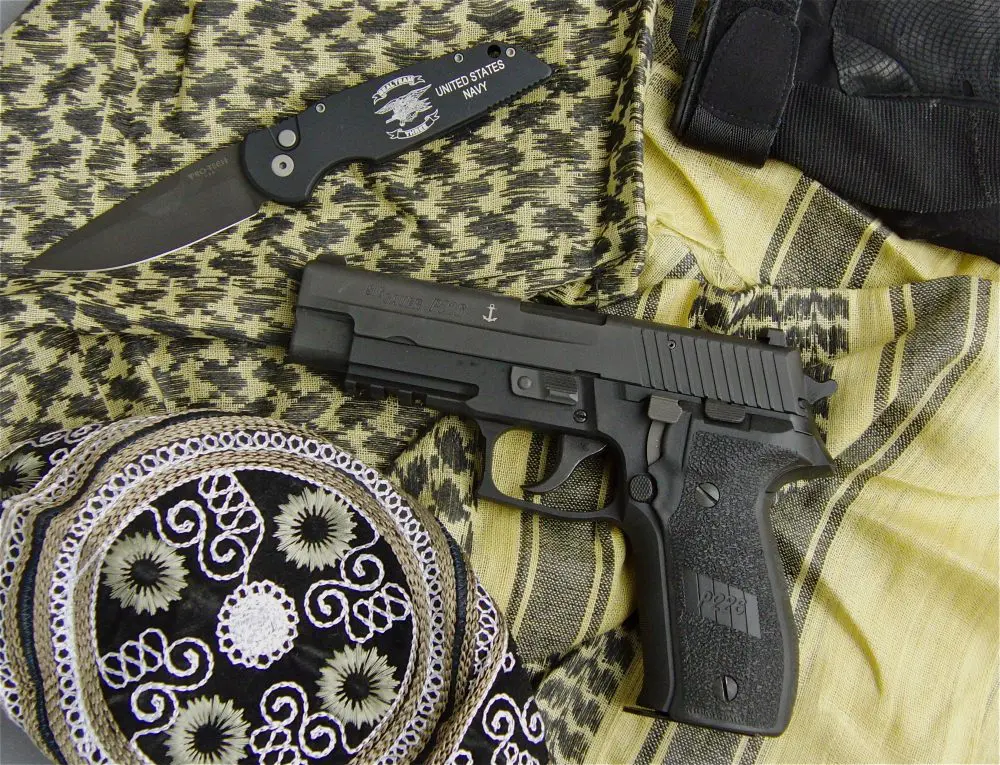It’s pretty obvious we have a problem in this country regarding police-community relations. Police feel they simply cannot do their jobs anymore, especially if policing involves other races, without being subject to public outcry, media assassination, automatic assumption of discriminatory intent, and even criminal investigation. Right now, it’s tough to be a cop.
Meanwhile, a part of the population increasingly believes the police have become an occupying force bent on abusing certain groups, with the express blessing of an inherently biased “system.”
When you add mass media that increasingly works to portray cops as the root of all evil, camera-hungry protesters of all political persuasions, and the ever-present professional race baiters, then mix in social media, you have a recipe for our current untenable situation.
Rather than arguing one point or another, I’ll take a different tack: Maybe we’re all a little to blame. Working on this unpopular, but wholly rational, position that will probably offend everyone, I’ll offer a few insights that might not provide the ultimate answers, but at least offer a starting point. On a more personal level, perhaps one of these ideas might save your career, sanity, or life.
For law enforcement, one problem that I’m starting to believe is the root cause of this conflict is the constant emphasis on the “warrior mindset.”
Now before you get aggravated and accuse Your Humble Servant of being a wheatgrass-tea-sipping, commie-pinko-flaming liberal who has gone soft, please note that I pointed out the emphasis is in question rather than the concept.
When you’re confronting violence, especially deadly force, a warrior mindset is vital to survival and winning. After 15 years of soiling this page every single month, I believe I’ve made that point abundantly clear. But I also realize that, while we need to teach our cops about winning physical battles, we also need to get back to the idea that, above all else, we are guardians of our community and warriors only when absolutely necessary.
I do believe the majority of cops do this pretty well, but we all know “that guy (or gal)” or even whole squads, units, or departments that are a little over the top.
Professor and former cop Seth Stoughton outlined this idea quite well in a 2015 paper that appeared in the Harvard Law Review. I don’t agree with everything Stoughton says, but he makes an interesting point to ponder: Our survival training has gotten so good that maybe it’s having unintended consequences on the culture of policing, which in turn is negatively affecting our popular support.
Paraphrased, his premise is that by the time cops get out of the academy, they have been “killed” in training by literally everyone from gang-bangers to little old ladies, and are so fearful of everyone and everything that they go “hard” in all situations, just like troops in a combat zone.
But even the worst district in the worst city isn’t a combat zone, because the U.S. has different laws and, more importantly, societal expectations.
Are we starting to see the basis of a big disconnect here? Unfortunately, I have fallen into the same trap, having told countless rookies to always be polite, cordial, and professional, but remember that even their own mothers will kill them if the opportunity arises.
I submit that our entire profession might want to re-evaluate the general hardass approach to survival. It is absolutely non-negotiable that we need to be tough when necessary, but maybe we should re-emphasize the idea that ultimately, we are part of the community rather than soldiers on the front lines.
It’s not an easy distinction to practice, but nobody said this was an easy job.
I know this sounds a little Pollyannish, especially if you work in a major hellhole, but it can be done. In the end, we can’t let our guard down, but my point is that perhaps, sometimes, occasionally, we do tend to keep it up too much, and that isn’t helpful.
Gawd, I can’t believe I just wrote that.
For the public, my view is simple. There isn’t a cop alive who doesn’t realize that use of force is a major hot-button issue, especially against African-American males, but rest assured the vast majority of police aren’t out there looking for trouble, contrary to what “the media” likes to say or imply.
To the private citizens among our readership: If you get stopped by law enforcement, comply with the officer even if he or she isn’t very nice. Don’t argue, don’t do anything sudden, and simply be compliant. If the cop isn’t kind or obsequious, cuss under your breath afterward and then get over it—even if it’s the third time today.
I’m not justifying any abuses in that last sentence, but merely pointing out how to get out of the situation intact.
If the cop does something morally, ethically, or legally wrong, calmly follow-up through the normal channels. Making a formal complaint probably won’t give the emotional satisfaction you crave, but you also won’t get manhandled on the roadside for being uncooperative
Boiled down, here’s the painfully straight scoop to all races in our increasingly narcissistic, self-obsessed society: Cops aren’t required to protect your self-esteem or dignity, so just do what you’re told, when you’re told (within reason), and there is a very small likelihood of physical harm.
Now that everybody is mad at me, I’m going to go have a wine spritzer and a good cry at the spa.

